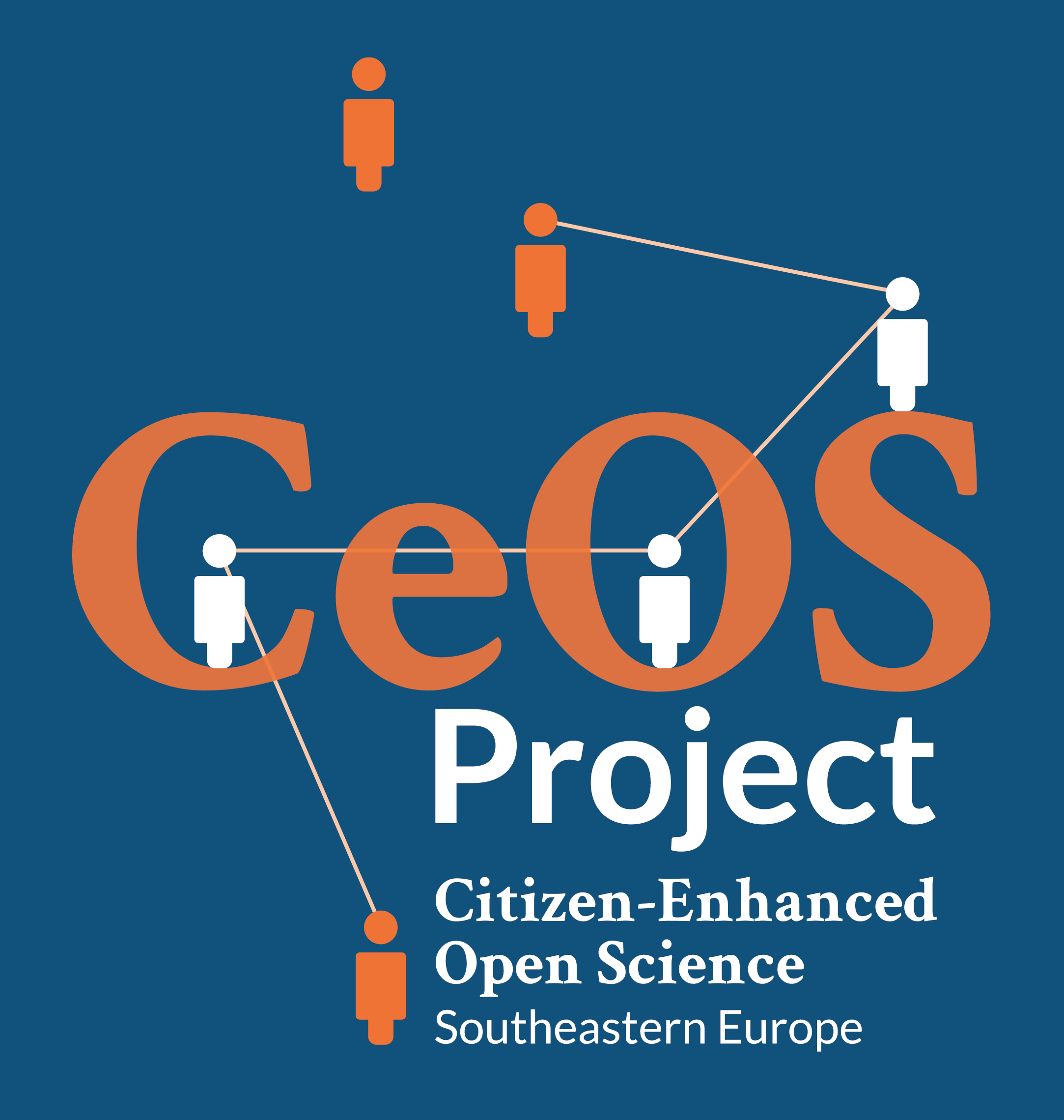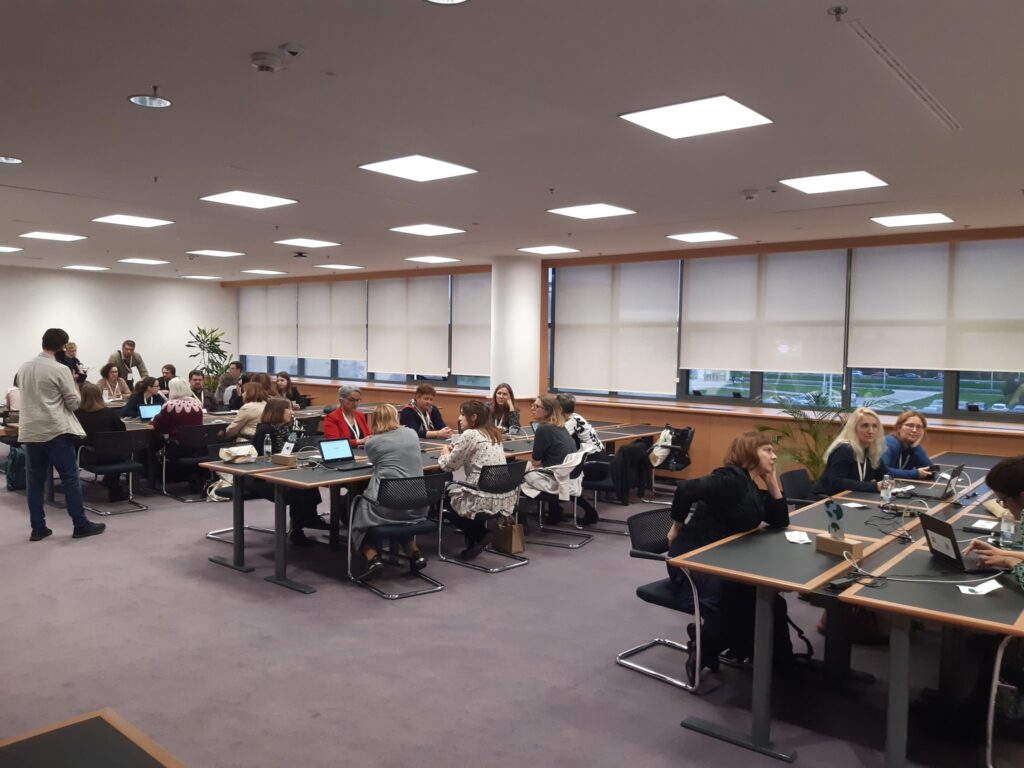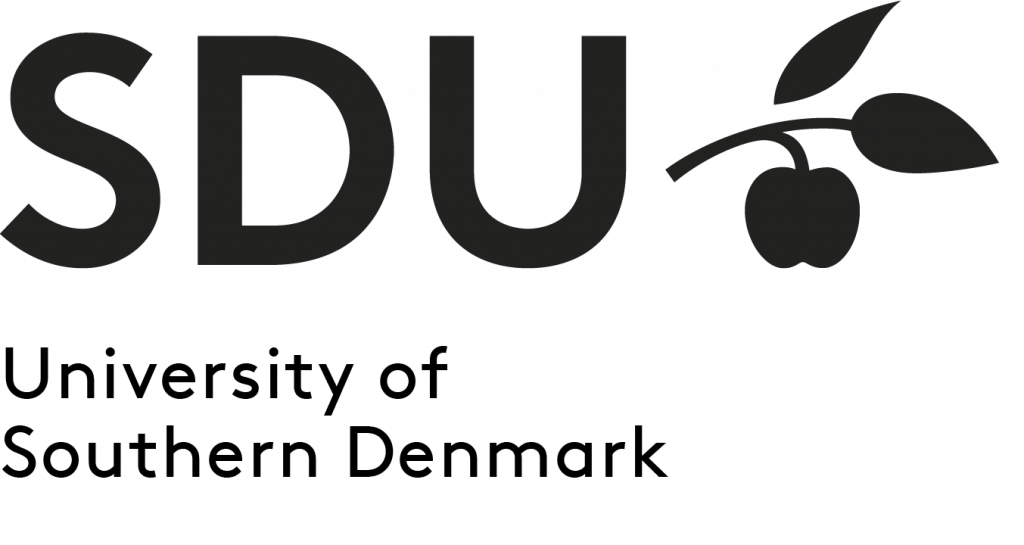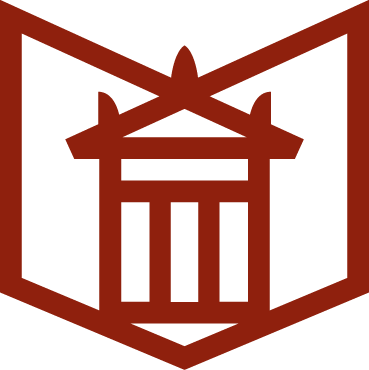Workshop Materials: How to Create a Citizen Science Kit for Your Library?
At the end of last year, on November 9th and 10th, 2023, the Let’s Go Green! 2023: The Second NSK International Green Libraries Conference was held at the National and University Library in Zagreb. The conference aimed to showcase examples of good practices, explore the public reception of green literacy programs in libraries, and offer continuing professional development regarding library sustainability. Drawing from experience in the CeOS_SE project, one conference block was dedicated to citizen science in libraries, with an emphasis on the integration of citizen science with the UN Agenda 2030 for Sustainable Development. In the following text, workshop materials for the workshop “Build Your Own Citizen Science Kit for Sustainable Exploration” will be presented.
Citizen Science kits
The workshop was preceded by a presentation titled “Engaging Communities, Advancing Sustainability: Citizen Science Kits in Libraries.” A definition of citizen science kits was provided as sets containing everything necessary to gather data for a specific CS project. Each kit includes a printed activity guide, useful tips, and any specialized tools or materials required to complete the project. It was explained that libraries are ideal institutions for distributing citizen science kits due to their accessible locations within communities, educational resources, knowledgeable staff support, community gathering points, established credibility and trustworthiness, learning experiences and skill development, and inclusivity.
As examples, citizen science kits developed by SciStarter were introduced, which can serve as inspiration for designing kits in libraries. The advantages of citizen science kits were highlighted, such as increased engagement, data collection at scale, cost-effectiveness, diverse perspectives, and educational opportunities. The main challenges of kits were listed as quality control, limited expertise, data bias, and coordination and communication.
In conclusion, it was explained that libraries benefit from citizen science kits by promoting science education, fostering community engagement, and contributing to scientific research. These kits enhance scientific literacy and creativity while raising environmental and civic awareness. They also make valuable resources accessible to a wider audience, aligning with libraries’ educational missions.
Workshop: Build your own Citizen Science Kit for Sustainable Exploration
The workshop aimed to explore the process of designing and implementing citizen science kits in libraries, with a focus on sustainable development themes. Approximately 40 participants took part in the workshop, divided into four groups. Each participant drew a piece of paper indicating their assigned group. The papers displayed images: a bird, a water drop, a speaker, and a tree. Participants grouped themselves according to the image on their paper. The task for each group was to devise a citizen science kit based on the materials and instructions they received. Participants were allowed to use the internet to find inspiration, and they submitted their responses via Google Forms.
Four groups
In the workshop, citizen science kits were developed for the following groups:
- Feathered Friends Watch: Citizens Unite for Bird Conservation. This kit would enable people to observe and record various bird species in urban environments. It could help in monitoring bird migrations and conserving their habitats in urban areas.
- PureDrops H2O Explorers: Investigating the Quality of Our Tap Water. This kit involve testing tap water to determine its quality in your home or community. You can provide instructions for testing for harmful substances or water pH levels. This would raise awareness of the need for clean and safe drinking water.
- SonicCity Soundscape Explorers: Uncovering the Beat of Urban Life. An Urban Noise Level Measurement Kit would ould help understand the impact of noise on the quality of life in cities and inspire noise reduction initiatives.
- Urban Tree Health Guardians: Engaging Communities in Tree Care. This kit could include tools for citizens to assess the health and condition of trees in their urban environment. Participants could measure tree girth, identify common pests and diseases, and record their observations. This data could be used to guide urban forestry efforts and promote green spaces in cities.
Each group worked on a Google Form consisting of the following questions:
- In which library type/types will the citizen science kits be available for borrowing?
- Who are the project partners?
- What is the primary goal of the project?
- What is the expected project duration?
- What strategies or methods will be employed to promote the citizen science project within the community and among potential participants?
- What components or tools will be included in the citizen science kit?
- Are there any specific instructions or guides for using the kit?
- How will participants collect and record data using the kit?
- Is there any training or support available for data collection?
- How long can citizen scientists (library patrons) borrow the citizen science kits?
- Are there any additional resources, such as websites or reference materials, available for participants?
- How will you gather feedback from participants and library users?
- What are the anticipated outcomes and benefits of this citizen science initiative?
These materials are free to use, and we hope they can serve as inspiration for other libraries to create similar workshops.
Conclusions
The workshop facilitated numerous constructive discussions. By the end of the workshop, participants had gained practical insights into the process of developing citizen science kits and understood the significance of citizen science in promoting sustainability. They were equipped with the knowledge and resources necessary to implement similar initiatives in their respective libraries, empowering their communities to become active contributors to scientific research and environmental conservation.
Author: Dolores Mumelaš, National and University Library, Zagreb
